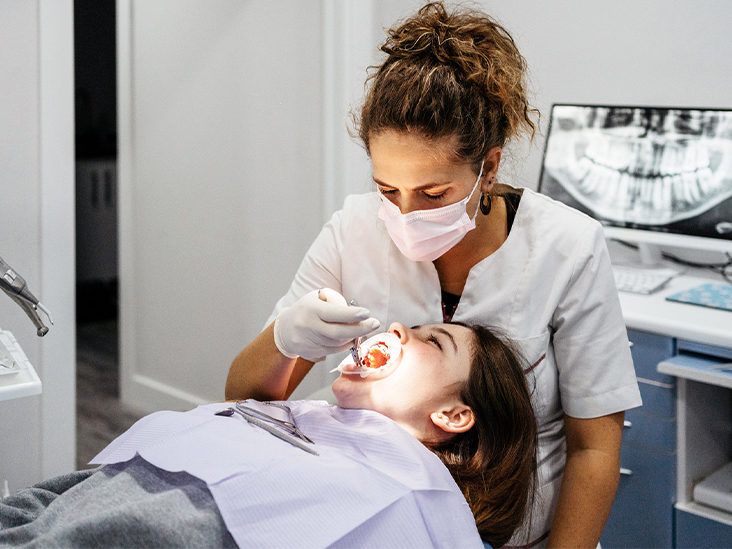
Teeth whitening is a popular option preferred by many who suffer from yellow or stained teeth. However, more often than not people prefer to use home remedies for this, without realizing that it may not work well for them. There are multiple myths surrounding the process of teeth whitening. However, it is recommended to consider options for Teeth whitening in Pacific Beach through professional dentists alone. In this article, we will look at some popular myths and unveil the reality.
So, let’s dive into it.
1. Using a Charcoal Toothpaste works well for whitening
Charcoal is a famous remedy believed to help whiten teeth. It is so popular that toothpaste companies have also started using it to advertise. However, charcoal is not good for teeth, and it can make your teeth look black, which causes discoloration. There is no scientific claim that charcoal whitens teeth.
2. Using Baking Soda
Baking soda is also famous among people as a teeth-whitening component. In reality, it makes teeth more susceptible to decay and sensitivity. At most, it may remove some stains from your teeth. Regular use of baking soda can wear away at your enamel and increase the risk of cavity development and sensitivity. Besides, the long-term damage far outweighs a temporary whitening effect.
3. Scrubbing Strawberries On Your Teeth
Using strawberries to whiten teeth seems like an excellent idea, as they taste both natural and sweet. Some theories suggest that the malic acid in strawberries will help brighten teeth. However, their high sugar content and acidity can damage tooth enamel rather than whiten it. This is easily offset by tooth sensitivity and, potentially, enamel damage. Enjoy strawberries as a healthy snack and keep to the tried-and-true teeth whitening methods in dental care.
4. Banana Peel trick
Switching gears now, have you ever heard of the banana peel trick? Rubbing banana peels on your teeth is another common remedy to make them whiter. This is untrue. The high amount of potassium and minerals in banana peels are good for teeth, but there is no evidence to back up the fact that they help whiten teeth.
5. Professional Whitening is Not Good for Teeth
Professional whitening treatments are done by a dentist after understanding the nature and compatibility of your teeth. The dentist uses the most effective method and follows all safety measures to ensure the teeth are protected and not damaged.
Natural Remedies: Beware
The natural remedies for whitening teeth can be very tempting, yet one must beware. The popular at-home remedies are hydrogen peroxide, lemon juice, and apple cider vinegar, which are extremely acidic or harsh and will wear off a lot of enamel. The minute period that you get whitening is not worth the long-term tooth damage. If you want to try out any whitening method, even the natural ones, always ensure that a dentist oversees it.
Selecting ADA-approved whitening toothpaste and products guarantees safety and efficacy for those seeking over-the-counter solutions. The brands below provide a range of toothpaste across different needs, all rigorously tested to meet the strict regulations set by dental professionals. Although they may not provide the same visible differences as professional treatment, these cheap hacks can ensure glowing teeth without damaging oral health.
Conclusion
When it comes to having a bright smile, it is very important not to fall into the trap of smiling myths. Dental hygiene practices come and go; stick to dental care tested in time. Your teeth will be glad you did, and your smile will thank you as it sparkles in a natural light that has not been distorted by the many lies being spread. Remember that the path to a perfect smile should be based on science and expert consultation—not myths, misconceptions, or trends.